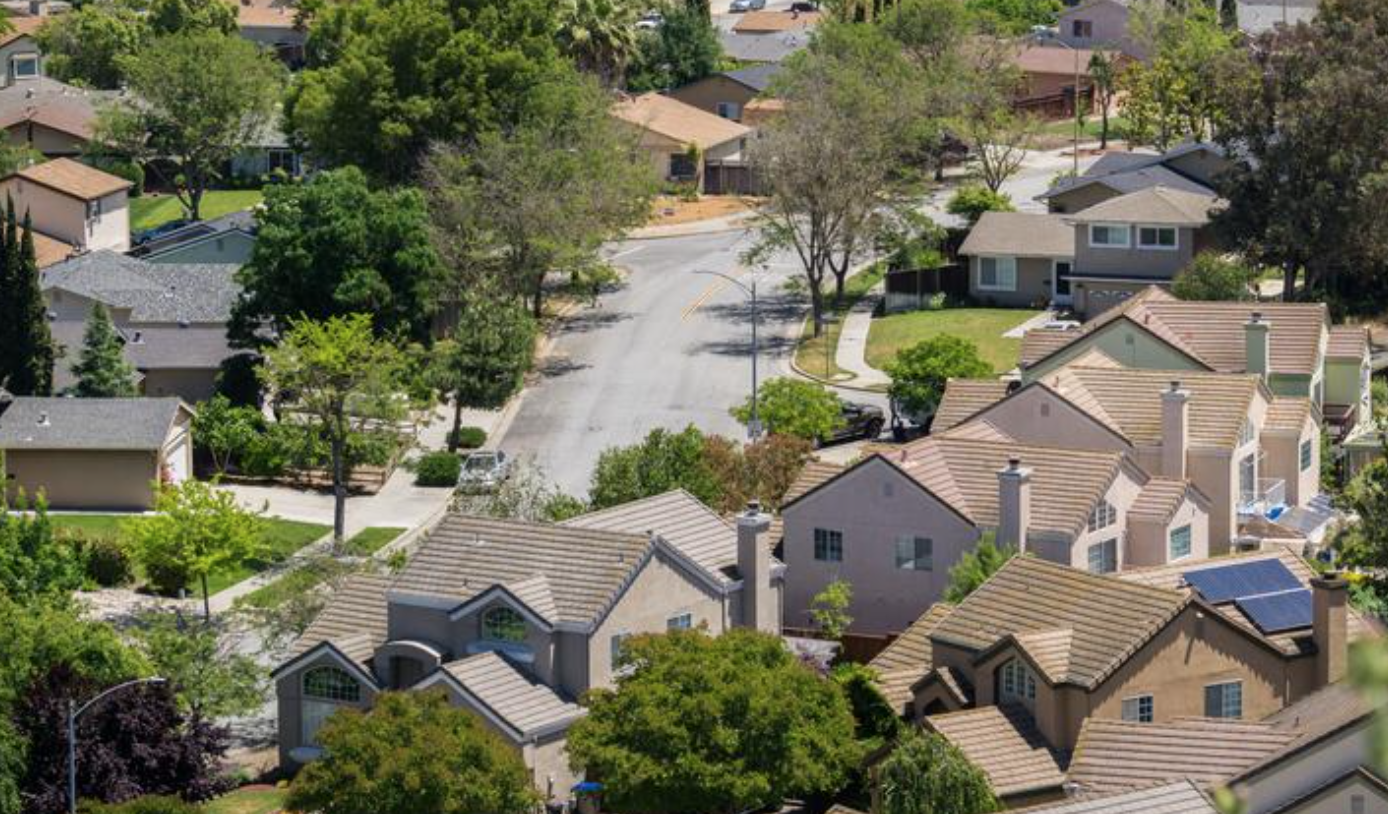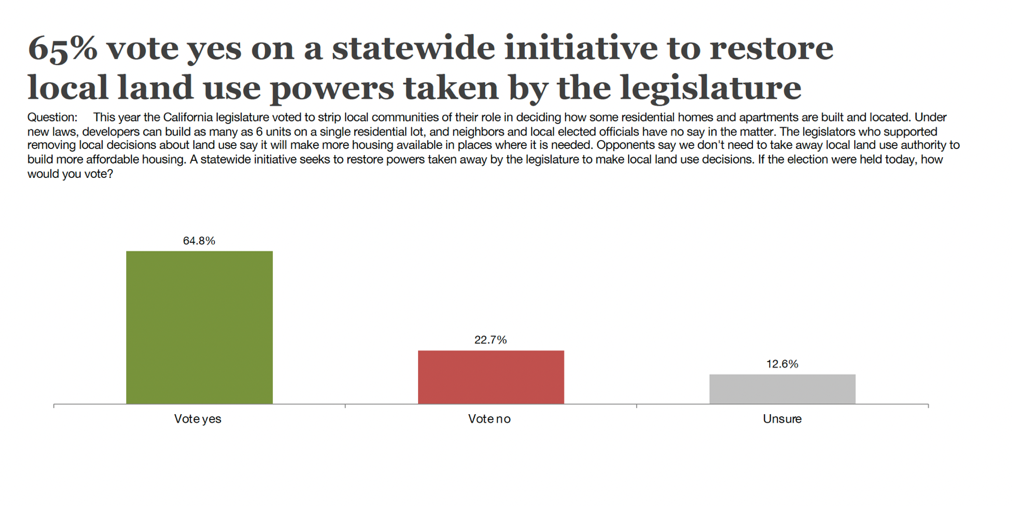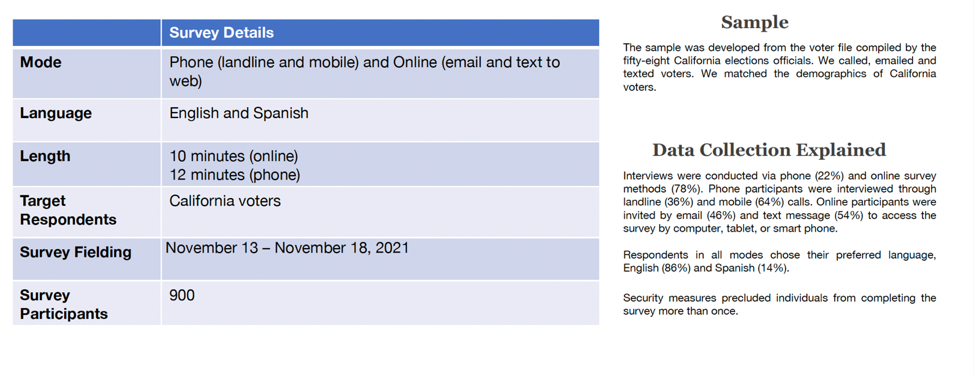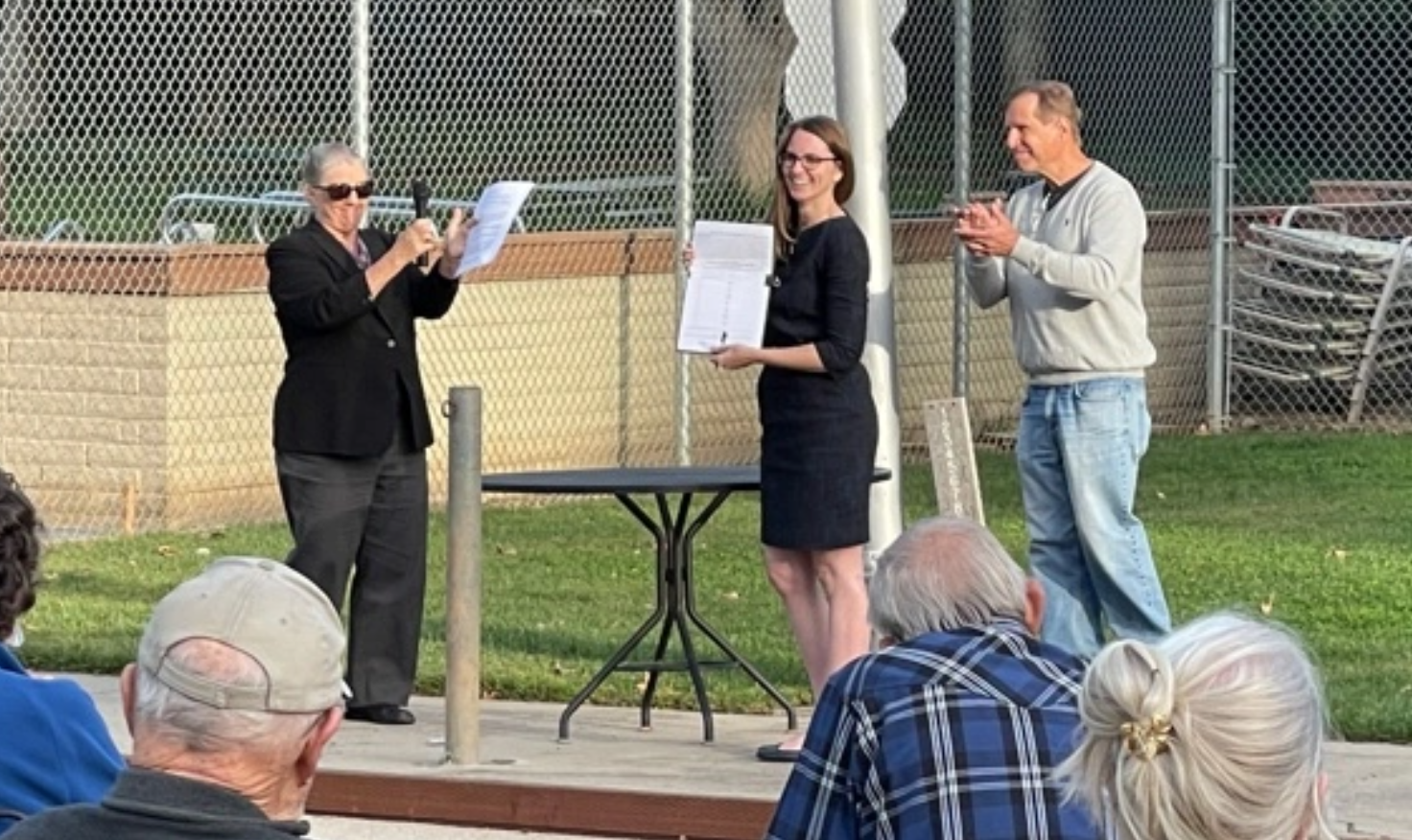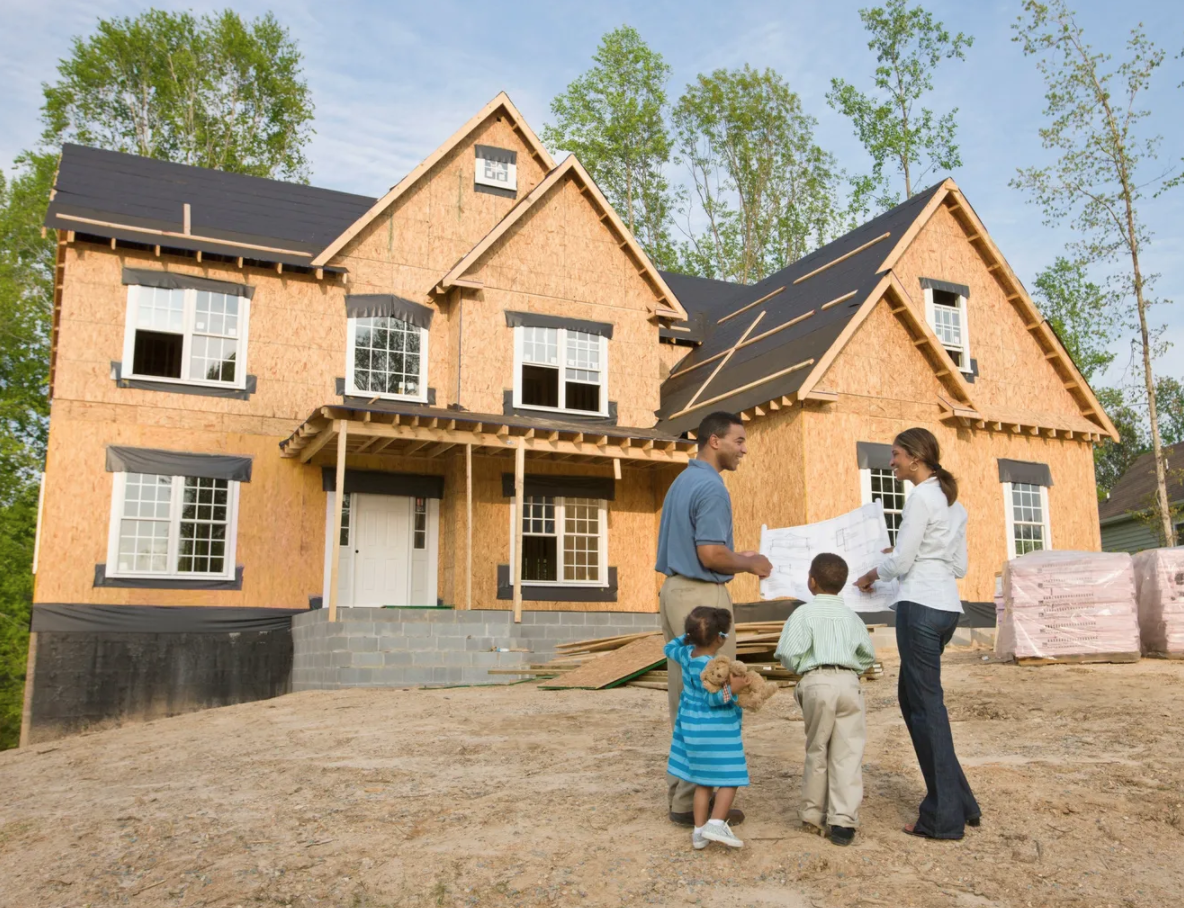California – Over 100 current and former elected officials from across California have announced their support for the Our Neighborhood Voices ballot initiative, which will restore local planning input and the ability of residents to speak out about what is happening next door to their homes and apartments.
“We are organizing the Our Neighborhood Voices Initiative campaign to give local communities back their say in the future of their communities,” said initiative proponent Bill Brand, Mayor of Redondo Beach. Brand added “We are grateful for the support of these elected leaders, and we know it is just the beginning of the statewide, grassroots movement to restore our voice in local planning and development.”
The officials announcing their endorsement today, which includes former legislators as well as dozens of current and former Mayors, Councilmembers and other locally elected officials, add to the more than 2,000 community leaders who have signed on to support “Our Neighborhood Voices.”
The list of officials is provided below, and the full list of endorsements is available online at https://ourneighborhoodvoices.com.
The “Our Neighborhood Voices Initiative” will protect the ability of local communities to adopt laws that shape local growth, preserve the character of neighborhoods, and require developers to actually produce more affordable housing and contribute to the costs associated with new housing.
The initiative seeks to qualify for the November 2022 ballot, and is actively gathering signatures across the state.
The five proponents of the initiative include three locally elected officials, a former city planning commissioner and an affordable housing advocate. The group cuts across partisan lines, and represents a broad cross section of California’s diverse population.
Current and Former Elected Officials Supporting Our Neighborhood Voices
Eric Alegria – Mayor, City of Rancho Palos Verdes
Lon Allan – Former Mayor, City of Monte Sereno
Ed Alves – Mayor, City of Escalon
Holly Andreatta – Vice Mayor, City of Lincoln
Sylvia Ballin – Mayor, City of San Fernando
Arianna Barrios – Councilmember, City of Orange
Justin Beaver – Councilmember, City of Yucaipa
Marie Blankley – Mayor, City of Gilroy
Jonathan Bowers – Councilmember, City of Compton
Gary Boyer – Councilmember, City of Glendora
Drew Boyles – Mayor, City of El Segundo
Bill Brand – Mayor, City of Redondo Beach
Joy Brenner – Councilmember, City of Newport Beach
Phil Brock – Councilmember, City of Santa Monica
Desley Brooks – Former Council Member, City of Oakland
Karla Brown – Mayor, City of Pleasanton
Wendy Bucknum – Mayor Pro Tem, City of Mission Viejo
Mark Burton – Former Mayor/Councilmember, City of Manhattan Beach
Susan Candell – Mayor, City of Lafayette
Ramona Caudillo – Mayor, City of Lindsay
Jeff Cooper – Former Mayor, City of Culver City
George Chen – Councilmember, City of Torrance
Denise Diaz – Councilmember, City of South Gate
Bea Dieringer – Mayor, City of Rolling Hills
Christian Dinco – Councilmember, City of Eastvale
John Ebiner – Councilmember, City of San Dimas
Frank Egger – Former Mayor, City of Farifax
Anita Enander – Mayor, City of Los Altos
Laura Ferguson – Councilmember, City of San Clemente
Jon Froomin – Councilmember, City of Foster City
Mike Frost – Councilmember, City of Dana Point
Jim Gazeley – Councilmember, City of Lomita
Lance Giroux – Councilmember, City of El Segundo
Julian Gold – Councilmember, City of Beverly Hills
Eniko Gold – Councilmember, City of Hidden Hills
Mike Griffiths – Councilmember, City of Torrance
Kevin Haroff – Mayor, City of Larkspur
Lesa Heebner – Mayor, City of Solana Beach
Sue Higgins – Mayor, City of Oakley
Susan Hollingsworth-Adams – Councilmember, City of Rohnert Park
Peggy Huang – Mayor, City of Yorba Linda
Mike Judge – Councilmember, City of Simi Valley
Fred Keeley – Ret. CA State Assemblymember, Santa Cruz County Supervisor & Treasurer
Michael Kemps – Mayor, City of Palos Verdes Estates
Linda Koelling – Former Mayor, City of Foster City
Paul Koretz – Councilmember, City of Los Angeles
Lydia Kou – Councilmember, City of Palo Alto
Linda Krupa – Councilmember, City of Hemet
Rishi Kumar – Councilmember, City of Saratoga
Lynette Lee Eng – Councilmember, City of Los Altos
Todd Loewenstein – Councilmember, City of Redondo Beach
Patty Lopez – Retired California State Assemblymember
Mike Losey – Councilmember, City of Fortuna
Jessica Martinez – Councilmember, City of Whittier
Patricia Matthews – Mayor Pro Tem, City of Lemoore
Aurelio Mattucci – Councilmember, City of Torrance
Jovita Mendoza – Councilmember, City of Brentwood
John Mirisch – Former Mayor and Current Councilmember, City of Beverly Hills
Leah Mirsch – Councilmember, City of Rolling Hills
Chip Monaco – Councilmember, City of Orange
Carme Montano – Vice Mayor, City of Milpitas
Carol Moore – Mayor Pro Tem, City of Laguna Woods
Thomas Moore – Councilmember, City of Seal Beach
Dawn Murdock – Councilmember, City of Palos Verdes Estates
Frank Navarro – Mayor, City of Colton
Nils Nehrenheim – Councilmember, City of Redondo Beach
Kim Nichols – Mayor Pro Tem, City of Orange
Vince Palomar – Mayor Pro Tem, City of Kingsburg
Ariel Pe – City Council, City of Lakewood
Aaron Peskin – Supervisor, City of San Francisco
Erica Pezold – Mayor, City of Laguna Hills
Bob Pinzler – Former Councilmember, City of Redondo Beach
Randy Pope – Vice Mayor, City of Oakley
Traci Reilly – Former Councilmember, City of Lafayette
Dennis Richards – Former Planning Commissioner, City of San Francisco
Christopher Rodriguez – Councilmember, City of Oceanside
Todd Rogers – Councilmember, City of Lakewood
Michael Routh – Former Councilmember, City of Capitola
Steve Sanchez – Councilmember, City of La Quinta
Tim Schaefer – Councilmember, City of Citrus Heights
Ann Schneider – Mayor, City of Millbrae
Cindy Segawa – Mayor ProTem, City of Lomita
Stuart Siegel – Mayor, City of Hidden Hills
Marty Simonoff – Councilmember, City of Brea
Ray Singleton – Councilmember, City of Coalinga
Wes Speake – Vice Mayor, City of Corona
Rene Spring – Councilmember, City of Morgan Hill
Sharon Springer – Councilmember, City of Burbank
Pam Stafford – Rohnert Park Councilmember,
Isaac Suchil – Mayor Pro Tem, City of Colton
Daniel Tabor – Former Mayor and Councilmember, City of Inglewood
Julie Testa – Vice Mayor, City of Pleasanton
Steve Tye – Councilmember, City of Diamond Bar
William Uphoff – Councilmember, City of Lomita
Olivia Valentine – Mayor Pro Tem, City of Hawthorne
Artemio Villegas – Councilmember, City of Madera
Acquanetta Warren – Mayor, City of Fontana
Alicia Weintraub – Councilmember, City of Calabasas
George Weiss – Councilmember, City of Laguna Beach
Peter Weiss – Councilmember, City of Oceanside
Herb Wesson – Former CA Assembly Speaker & Council President, City of Los Angeles
Anissa Williams – Councilmember, City of Oakley
Felicia Williams – Councilmember, City of Pasadena
Jeff Wood – Councilmember, City of Lakewood
Carla Woodworth – Former Councilmember, City of Berkeley
Frank Zerunyan – Mayor, City of Rolling Hills Estates
David Zito – Mayor, City of Solana Beach
Evelyn Zneimer – Councilmember, City of South Pasadena
Alex Zukas – Board Member, El Cerrito Community Council (San Diego)
###

